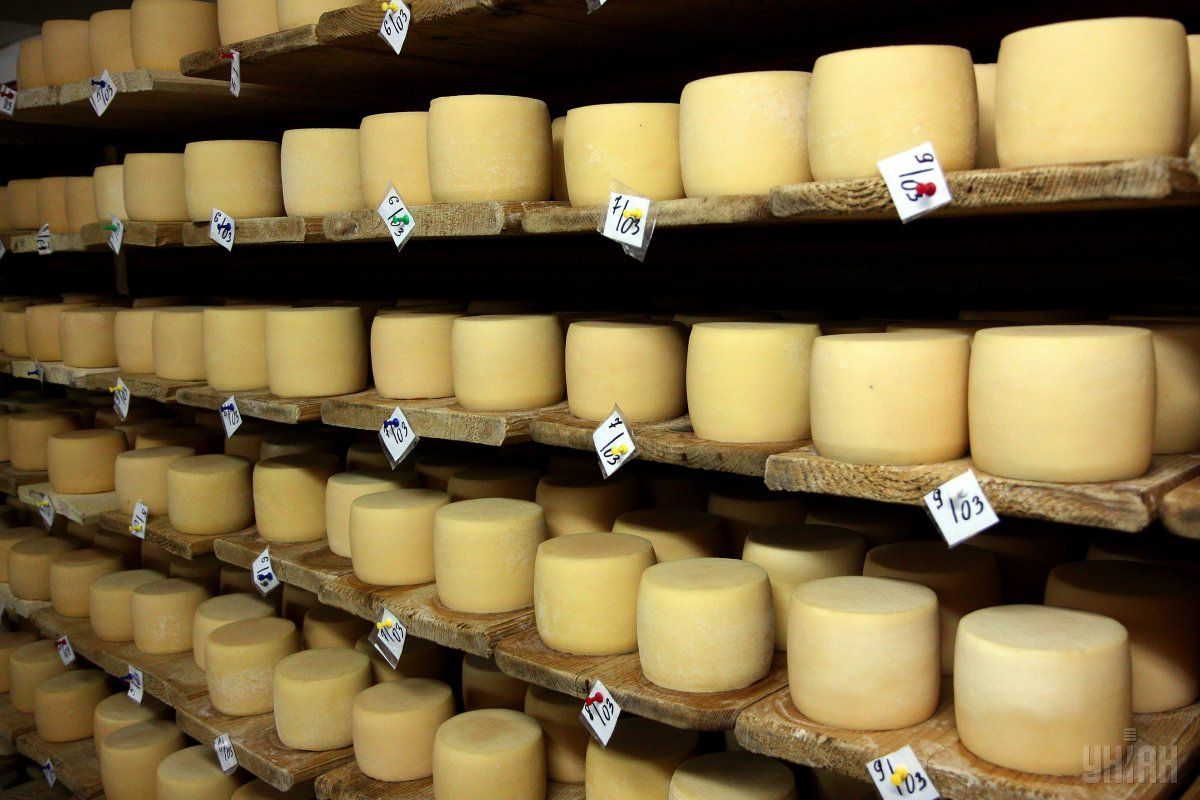
The FAO Food Price Index (FFPI) averaged 165.6 points in August 2016, up 3 points (1.9%) from July and almost 7% above the corresponding period last year, FAO reported on its website.
The August value of the Index is the highest since May 2015. Except for cereals, prices of all other commodities used in the calculation of the FFPI rose in August, led by dairy, oils and sugar, according to the report.
The FAO dairy price index averaged 154.6 points in August, up 12.3 points (8.6%) from July and around 14% from last year. Prices rose for all the dairy commodities that compose the Index, in particular for cheese, whole milk powder and butter. The latest increase confirmed a notable change in market sentiment, as falling milk production in the EU, coupled with an unexceptional opening to the dairy year in Oceania, pointed to tighter export supply prospects than had been earlier anticipated, according to the report.
The FAO sugar price index averaged 285.6 points in August, up 6.9 points (2.5%) from July, reaching its highest level since October 2012 and as much as 75% above the corresponding period last year. The latest surge in sugar prices was largely on account of a continuous strengthening of the Brazilian currency (Real), which appreciated by another 2% against the U.S. dollar in August. Expectations of a significant deficit in global markets in 2016/17 and prospects of reduced inventories in Asia also underpinned international sugar quotations, FAO said in its report.
The FAO vegetable oil price index averaged 169.1 points in August, up 11.7 points (7.4% from July, reversing the easing of prices observed in the preceding three months). The rebound was mainly driven by strengthening palm oil quotations due to lower than anticipated output in Malaysia and continued tightness in global inventories, which coincided with rising import demand in some key importing countries, notably China, India and the EU.
International prices of rapeseed oil also firmed, reflecting lower crop prospects in the EU, according to the report.

